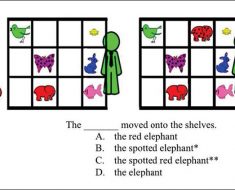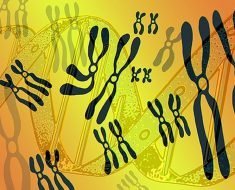This interview is part of Health’s #RealLifeStrong series, where we are celebrating women who represent strength, resilience, and grace.
Professional ballerina Sydney Magruder Washington is a self-described #MentalHealthWarrior: The third-generation dancer, who lives in New York City, candidly documents her experiences with depression and anxiety on Instagram—from the lows to the highs and everything in between. Here, she talks about the undeniable power of self-acceptance, and who she really hopes to inspire.
When did you first start posting about your mental health on social media?
It’s been about two to three years. When I was first starting to share, not many people were talking about [mental illness]. I was sharing mostly because I’m kind of an open book. I wanted to crush my own shame about how I felt about it. There’s a drive in me to want to share, because I didn’t want to feel alone. As someone who was bullied as a kid, I’m super sensitive to other people feeling alone.
As a black, Christian, lesbian ballerina, you’ve described yourself as a “unicorn."
I don’t know anyone who identifies exactly how I do, and that’s fine. But I wish I had had someone to talk to about specific issues that I’ve had to work out on my own. That’s why I share with others who come after me. Even if I am the first, I will certainly not be the last.
What is your specific diagnosis?
Major depressive disorder and panic disorder with agoraphobia. Initially my diagnosis was ADHD, but I’m in the process of getting that modified, to on the autism spectrum. I was diagnosed at 12 with ADHD. The depression and panic disorder came later.
What does it mean to you to be a #MentalHealthWarrior?
It means that I am neither ashamed of nor do I hide my mental illness. People love to say a diagnosis doesn’t define them. But it’s definitely a huge part of who I am, and how I experience the world. I try to get up each day and do my very best for that day–keeping in mind that my best can change–and encourage others to do the same. A mental health warrior is someone who is unapologetic about their mental illness, and doesn’t let it get the best of them.
You’re very open about taking medication—why do you feel it's so important to talk about that?
I see in our culture a movement back toward more natural treatments, and environmentally-friendly products, and that’s important. I’m an advocate for the earth! But when people start to disparage Western medicine, that annoys me. The stigma around medication is an ugly branch of the stigma around mental illness in general. It boggles my mind how many people think that mental illness is a character flaw, or a weakness. There’s a lot of miseducation around mental health.
Who do you most hope to reach with your story?
Little black girls. Other dancers, sure. Other athletes, sure. Other queer folks, sure. But little black girls. Because I was once a little black girl, and I struggled by myself for so long. I struggled fitting in with other kids period. But also with other black girls. I had a very hard time making friends. I was being bullied.
If a little black girl somewhere can see a black woman living her truth, and joyfully serving others, and doing her best to break down stigma and stereotypes, maybe she will grow up to do the same–and maybe even eclipse what I’ve done. I don’t want you to be me; I want you to outdo me.
We want to hear about more #RealLifeStrong women. Nominate yourself—or a friend or family member—here. We’ll be sharing the most inspiring stories we receive in the months ahead.
Source: Read Full Article





